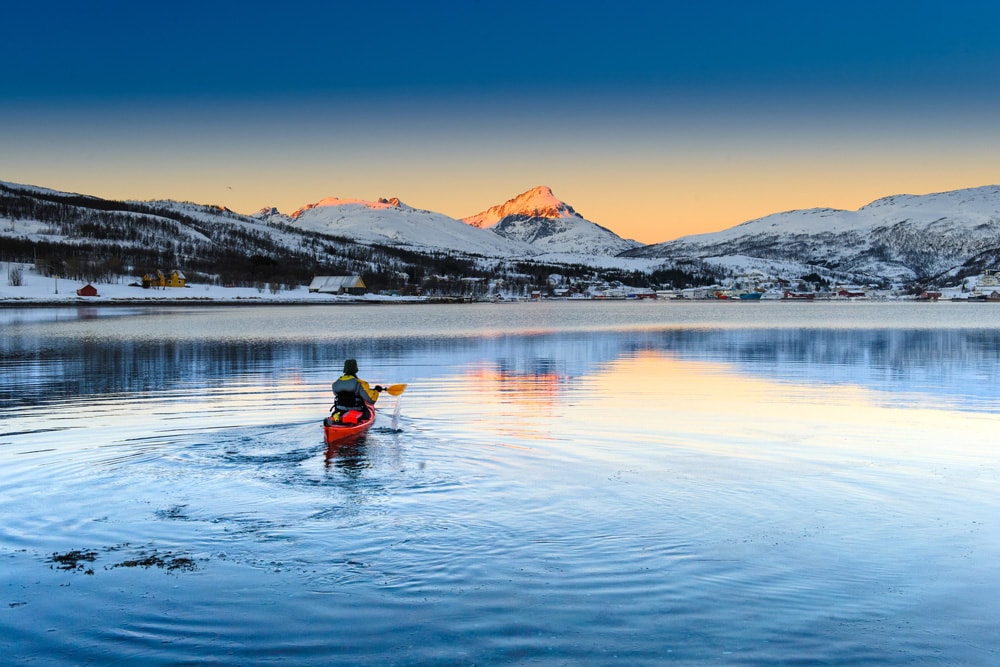A comprehensive guide to buying annual travel insurance including what to look out for, the pitfalls to avoid and the questions to ask
Back in 2014, British adrenaline junkie Ben Cornick jumped out of a plane in Fiji at 12,000 feet. There was no way to know at the moment he leapt out of the aircraft that his parachute wouldn’t work properly and that he would plummet to Earth, breaking his leg in three places and shattering his elbow.
It gets worse: Ben hadn’t bought travel insurance and had to pay £20,000 upfront for treatment to save his leg. His parents pulled together their life savings and readied to sell their house.
But then there was an unlikely twist: following media coverage of Ben’s predicament, complete strangers donated money to pay his medical bills, massively reducing the cost to his parents. Thankfully, this case has a happy ending, but we dare say we wouldn’t all be so lucky.
The purpose of this story isn’t to scaremonger; it’s to illustrate that accidents can happen even if, like Ben and skydiving, you have done something a thousand times with no injury. The answer to ‘should I get travel insurance?’ is yes – doubly so if you’re going on a long-term trip. Here’s what to bear in mind when buying annual travel insurance.
1. Start saving early
Annual travel insurance for our round-the-world trip cost £400 for two people, a hefty amount given that we were scrimping and saving for a year to make the trip happen. We bought our insurance very close to our departure date which meant the price tag seriously stung.
To avoid this pain, factor in the cost as early as possible and start saving immediately. This way, you won’t be tempted to forego it all together.
2. Don’t automatically opt for the cheapest package
It’s tempting, we know. On our past travels, we were covered under the cheapest annual policy. With an entire year of continuous travel ahead of us including lots of outdoor activities, however, we wanted to make sure we would be covered adequately. Needless to say, the cheapest option didn’t quite cut it.
We spent a long time checking individual websites aimed at independent travellers. Eventually, we opted for a more expensive policy, which paid off when we broke our GoPro on a dive in Tonga.

Any good policy should cover accidental…
Click Here to Read the Full Original Article at Atlas & Boots…
